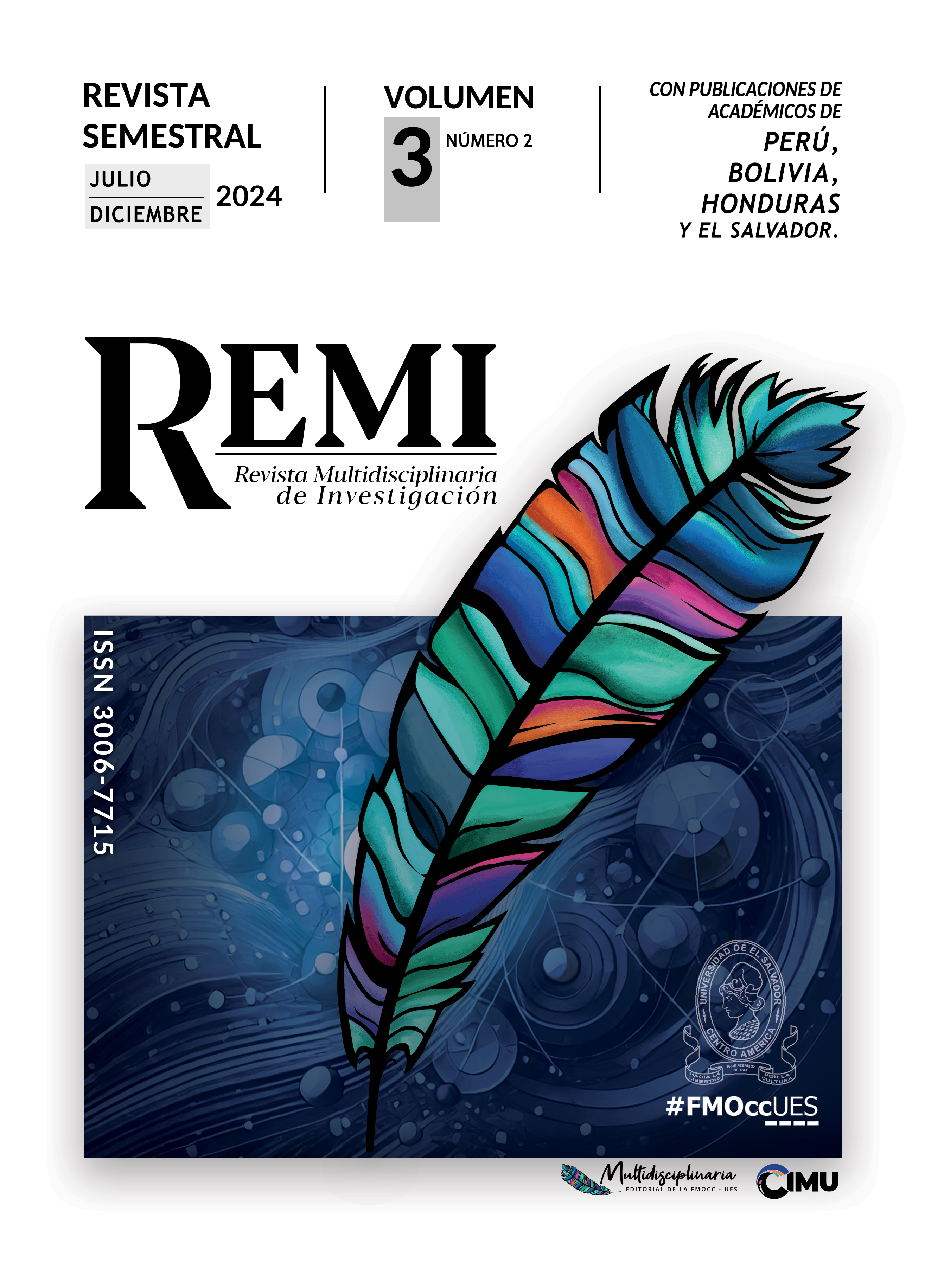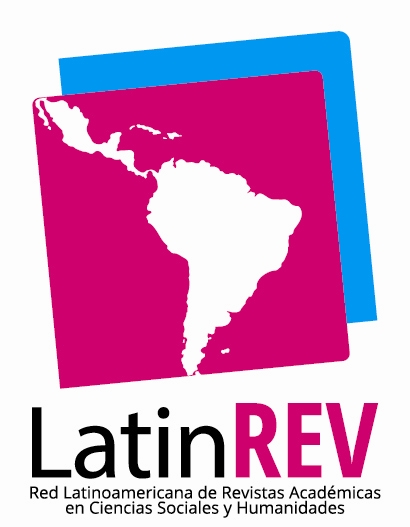FLIPPED CLASSROOM AS A STRATEGY TO IMPROVE COGNITIVE SKILLS AND COMPETENCIES IN STUDENTS
Keywords:
: inverted classroom, skills, cognitive competencesAbstract
Abstrac
Introduction: The inverted classroom is a pedagogical model created by Bergmann and Sams (2012), which consists of inverting the two moments involved in traditional education: the first moment includes classroom activities such as teacher presentations and the second is linked to the realization of activities outside the classroom. In the inverted classroom, the tasks or projects are concretized in the classroom and the thematic contents are learned outside the school (Huantes, 2018). The problem is: How does the inverted classroom influence the improvement of cognitive skills and competencies of students in the subject of methodology and research techniques in the second year of the communication career of the Technical University of Oruro? Objective: To determine the influence of the inverted classroom as a didactic strategy in the improvement of the cognitive skills and competences of the students of the subject Methodology and Research Techniques of the second year of the communication career of the Technical University of Oruro. Method: The methodology used was mixed, the theoretical methods were analysis, synthesis and the empirical method was observation, the techniques used were student surveys and teacher interviews. The population consisted of 180 students and 3 teachers. Results: The results showed that the inverted classroom significantly favors the improvement of cognitive skills and competences. On the other hand, it has been identified that the production of any material focused on the development of the inverted classroom allows rationalizing and consolidating the improvement of cognitive skills and competences, stimulating and reinforcing the students' learning goal in an autonomous and effective way. Conclusion: All the above allows the student to reflect, analyze and deepen their knowledge, improving the development of their skills and competencies, in addition to improving the quality of teaching and learning processes.
Downloads
Downloads
Published
Issue
Section
License
Copyright (c) 2025 Ruiter Álvaro Murillo Guzmán

This work is licensed under a Creative Commons Attribution-NonCommercial 4.0 International License.








